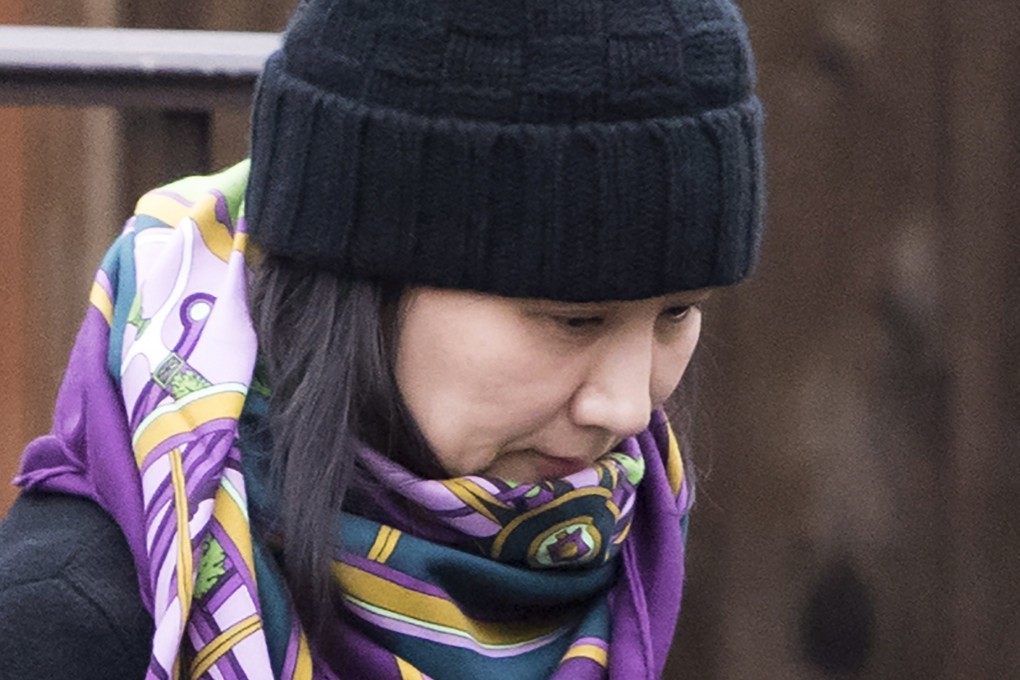What Canada’s courts must do next in extradition case of Huawei executive Meng Wanzhou
- Assuming the US files an extradition request by the January 30 deadline, the courts will have to set a date for an extradition hearing
- Meng will have the right to appeal if the court decides to extradite her to the US to answer fraud charges

The United States is fast approaching the deadline for formally requesting the extradition of Huawei executive Meng Wanzhou, whose detention has prompted a serious diplomatic dispute between Canada and China.
The chief financial officer of the Chinese telecoms giant was arrested in Vancouver on December 1 at the request of the United States, and American officials have until January 30, or 60 days after her initial detention, to file a formal request.
Meng, who is the daughter of Huawei founder Ren Zhengfei and also goes by the names Sabrina Meng and Cathy Meng, remains restricted largely to her Vancouver home, following her release on bail. She is accused of defrauding banks to circumvent US sanctions on Iran.
Her next court appearance will be on February 6, to set the date for her extradition hearing. If the US fails to meet the extradition filing deadline, Meng will be discharged under the terms of Canada’s Extradition Act.
The timeline can be extended if a judge grants an application from Canada’s attorney general to do so.
But once the US submits its formal extradition request officials from the Canadian Department of Justice will have 30 days to decide whether to go ahead.